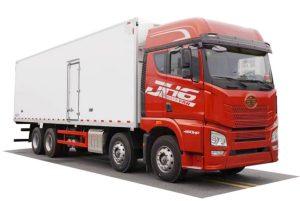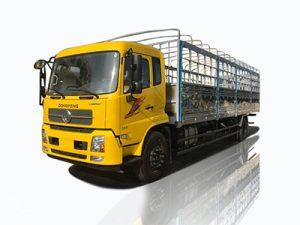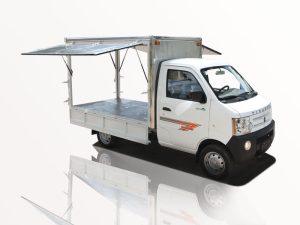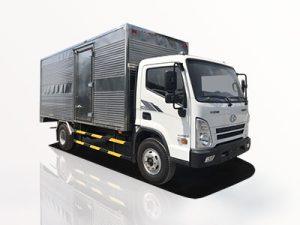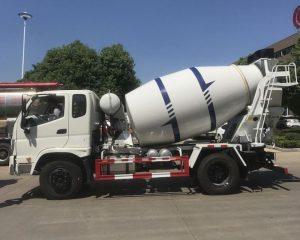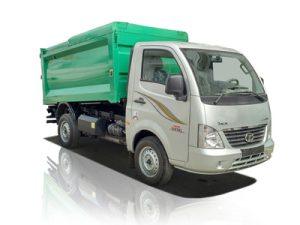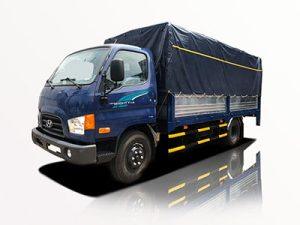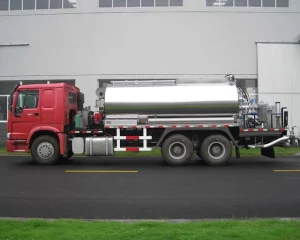Monday to Saturday - 8:00 -17:30
Concrete Pump Truck Sale: A Comprehensive Guide
Finding the right concrete pump truck can be a daunting task, especially with the vast options available in the market. Whether you’re a contractor, builder, or ready-mix supplier, understanding the various aspects of concrete pump trucks is essential for making an informed purchase. This guide will delve into everything you need to know about concrete pump trucks for sale, including types, features, benefits, and tips for selection.
What is a Concrete Pump Truck?
A concrete pump truck is a specialized vehicle designed to transport and pump concrete to various construction sites. Leveraging hydraulic systems, these trucks can deliver concrete efficiently and accurately to even hard-to-reach areas.
Types of Concrete Pump Trucks
Concrete pump trucks come in several types, each suited for specific construction tasks. The main types include:
1. Boom Pumps
Boom pumps are equipped with a robotic arm, or boom, that allows for precise placement of concrete at elevated heights or in tight spaces. They are ideal for large construction projects, such as skyscrapers or bridges.
2. Line Pumps
Line pumps use a series of pipes or hoses to deliver concrete. They are generally more affordable and better suited for smaller jobs, like residential foundations or driveways.
3. Trailer Pumps
Trailer pumps are portable units that can be towed to different job sites. They are ideal for contractors who need flexibility and low overhead costs.
Key Features to Consider
1. Pump Capacity
The pump’s capacity refers to how much concrete it can deliver per hour. Choosing the right capacity depends on the size of your project. For larger jobs, look for pumps with higher capacity ratings.
2. Boom Reach
For boom pumps, the reach is crucial. A longer boom can save you time as it allows for easier placement of concrete without repositioning the truck. Measure the heights and distances you plan to pump to determine the necessary boom length.
3. Engine Power
The engine’s horsepower directly influences the efficiency of the concrete pump. Ensure the truck has enough power to maintain consistent operation, especially for larger jobs.
4. Overall Weight
Consider the overall weight of the truck. Heavier trucks may be more stable, but they also require special permits for road use in many areas. Always check local regulations before purchasing.
Benefits of Buying a Concrete Pump Truck
1. Increased Efficiency
Concrete pump trucks significantly reduce the time required to pour concrete, thus boosting overall project productivity.
2. Greater Precision
With the ability to direct concrete exactly where needed, these trucks minimize waste and ensure a smoother finish.
3. Versatility
Concrete pump trucks can handle various types of concrete mixtures and can operate in diverse environmental conditions, making them adaptable to different projects.
Finding Concrete Pump Trucks for Sale
1. Research Online Listings
Websites such as MachineryTrader, Ritchie Bros, and TruckPaper offer an extensive range of listings, allowing buyers to compare prices and specifications effortlessly.
2. Consider Local Dealers
Partnering with local concrete equipment dealers can provide you with insights and support during your purchase. They often have firsthand knowledge and offer maintenance services.
3. Auctions and Trade Shows
Attending trade shows and auctions can lead to great deals and unique finds. Auctions often provide opportunities to purchase equipment at lower prices compared to retail.
4. Used vs. New Trucks
Decide whether you want a new or used truck. New trucks come with warranties but may be pricier, while used trucks can be more affordable but might require more maintenance.
Financing Options for Concrete Pump Trucks
1. Traditional Financing
Many banks offer loans specifically designed for equipment purchases. These loans can help spread the cost over several years.
2. Lease Options
Leasing can be an attractive option for those who require a pump truck for a limited time. This allows for lower monthly payments and the option to purchase the truck later.
3. Manufacturer Financing
Check if the manufacturer offers financing programs. Many companies provide attractive financing solutions that can simplify your purchasing process.
Maintenance Tips for Concrete Pump Trucks
1. Regular Inspections
Schedule regular inspections to catch any mechanical issues early. This includes checking hoses, filters, and hydraulic systems.
2. Cleaning After Use
After each use, clean the pump immediately. Cured concrete in the pipes can lead to blockages and costly repairs.
3. Lubrication
Maintain moving parts with proper lubrication. Check the manufacturer’s guidelines for specific lubrication requirements.
4. Operator Training
Ensure that all operators are properly trained. Poor operation can lead to equipment damage and accidents on-site.
Practical Examples and Case Studies
1. High-Rise Building Example
When constructing a high-rise building, a contractor opted for a boom pump with a 55-meter reach. This allowed them to deliver concrete directly to the upper floors efficiently, saving both time and reducing labor costs.
2. Residential Project Example
A homeowner chose a line pump for their driveway construction. The smaller, more agile unit was perfect for the tight space and accessible for residential neighborhoods.
3. Jobsite Flexibility with Trailer Pumps
A contractor working on multiple small projects found that a trailer pump allowed them to easily move from site to site, increasing their workflow and reducing downtime.
Frequently Asked Questions (FAQ)
1. What is the average cost of a concrete pump truck?
The cost can vary widely depending on the type and condition of the truck, but you might expect to pay anywhere from $25,000 to over $200,000 for new models.
2. How long can a concrete pump truck last?
With proper maintenance, a concrete pump truck can last upwards of 10 to 15 years. However, usage intensity and maintenance practices heavily influence longevity.
3. Can I rent a concrete pump truck instead of buying?
Yes, many companies offer rental services for concrete pump trucks, which can be a cost-effective option for short-term projects.
4. What kind of maintenance do concrete pump trucks require?
Regular maintenance includes inspections, cleaning, lubrication, and timely repairs to prevent major breakdowns.
5. Are there financing options available for purchasing concrete pump trucks?
Yes, multiple financing options exist, including traditional bank loans, leasing, and manufacturer financing programs.
6. What safety measures should be taken while operating a concrete pump truck?
Always ensure that operators are trained, the site is properly set up, and that all equipment checks are performed before use to minimize the risk of accidents.
Conclusion
Understanding concrete pump trucks is vital for improving productivity in construction projects. Armed with the right information, you can make an informed decision and choose the best concrete pump truck for your needs.


